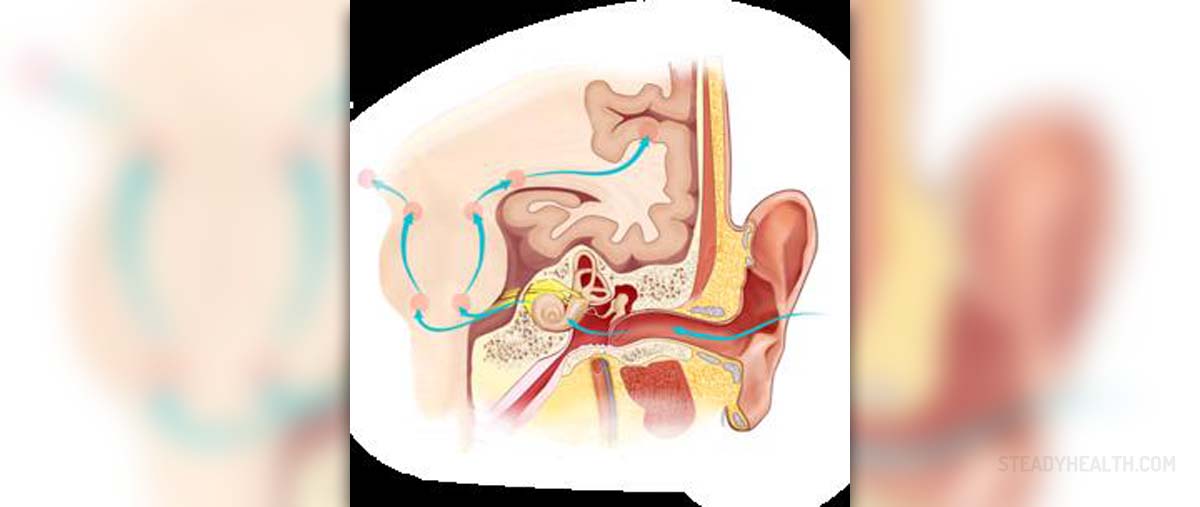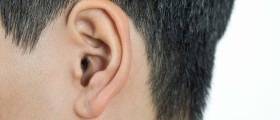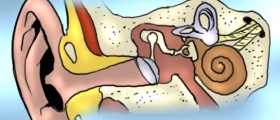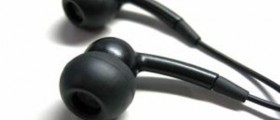
Loss of hearing may be the result of different factors, including: aging, genetic, exposure to environmental noise or some ototoxic (harmful for the ears) drugs or chemicals. Various diseases and illnesses, as well as physical traumas may also result in deafness. According to the type of hearing problems, doctors differentiate: conductive and sensorineural hearing loss. Other classifications may include age of the patient, severity of the hearing impairment or involvement of one (unilateral deafness) or both ears (bilateral loss of hearing).
Symptoms of Sensorineural Deafness
Patients suffering from sensorineural loss of hearing may have problem to understand or hear another person talking to them. You may notice this patients increasing volume when watching TV and when talking to someone, he or she needs to hear some sentences repeated several times. Inability to hear some high tones is present in people experiencing deafness of in the high frequency range.
Deafness is not merely hearing problem, because patients often restrain from any social activities and contacts and may even suffer from depression, due to their condition.What Causes Sensorineural Loss of Hearing?
This type of deafness is known to be provoked by some inner ear problem. Damage of the hearing nerve, usually known as cochlear nerve and some brain tumor or other central nervous problem may be identified as the causes of hearing loss. This problem can be congenital (present at birth) or acquired at some point of life.
Doctors have been able to identify traumas to the ear and head as the reason for acquired sensorineural loss of hearing. Temporal bone fracture, in particular, has been known to lead to this problem, as well as some repeated infections or tumors in some cases. Suppurative labyrinthis, mumps, measles, meningitis, syphilis and some other viral infections have been reported to cause this type of deafness.
Sensorineural deafness may also appear in people who are genetically predisposed to this condition and those who have used some drugs toxic for the ears and hearing. Aminoglycosides, antimetabolite medications, loop diuretic drugs and salicylates can lead to deafness.
Another possible explanation for sensorineural deafness can be aging. Presbycusis is hearing loss of sensorineural type which occurs in older people, who lose hearing in the high frequencies (4.000 to 8.000Hz).
Anemias, leukemias, lupus and reduced amount of oxygen can also contribute to development of sensorineural loss of hearing.
Diagnosis and Treatment
For proper diagnosis, doctors may need to perform CT (computed tomography) and MRI (magnetic resonance imaging) scans and EEG (electroencephalogram) and perhaps some other tests as well. Treatment options usually include some hearing aids or cochlear implants, regardless patient’s age.










-Causes,-Symptoms,-Diagnosis,-Treatment_f_280x120.jpg)






Your thoughts on this
Loading...